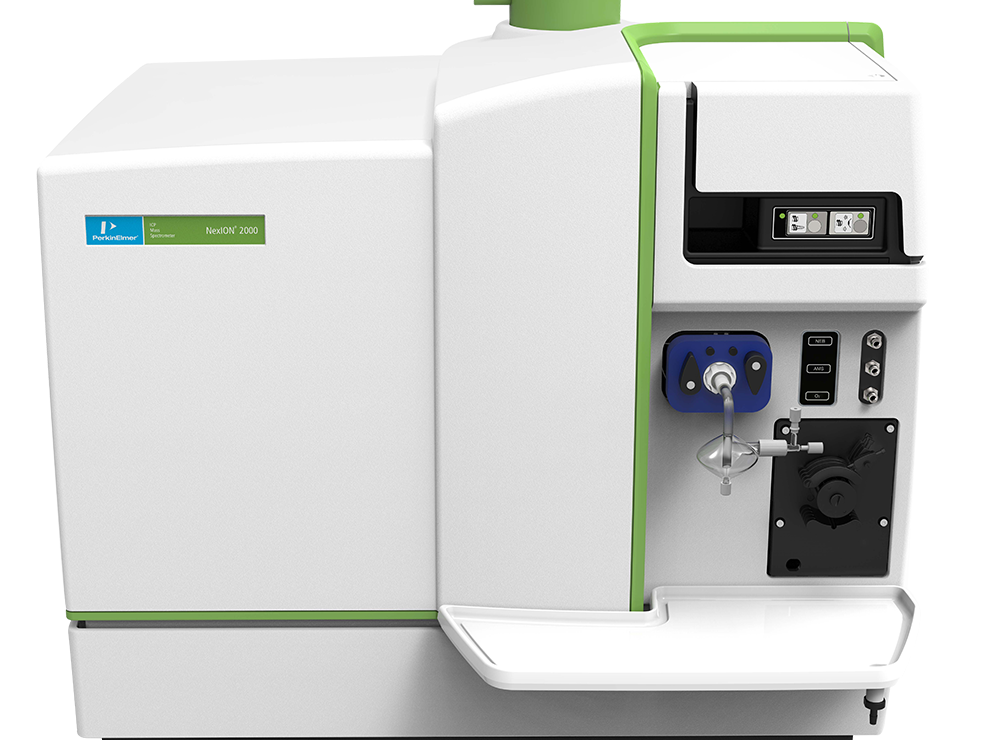This website uses cookies so that we can provide you with the best user experience possible. Cookie information is stored in your browser and performs functions such as recognising you when you return to our website and helping our team to understand which sections of the website you find most interesting and useful.
PerkinElmer NexION 2000 with Laser Ablation
Inductively Coupled Plasma Mass Spectrometry (ICP-MS) Suite
Analytical technique primarily used for elemental determination

PerkinElmer NexION 2000 ICP-MS
- Partner:The University of Liverpool
- Facility:Materials Innovation Factory (MIF)
Or call us now on 0161 275 8382
Detailed Description
For nearly 30 years, ICP-MS has been gaining favour with laboratories for performing trace metal and elemental analysis with detection limits at or below the part per billion (ppb) level. An analytical working range of >10 orders of magnitude is available which is unsurpassed by any other technique.
ICP-MS is an analytical technique primarily used for elemental determination.
The sample is introduced into the ICP plasma via nebuliser. Samples are typically solutions using an autosampler for solid samples using a laser ablation technique.
A high temperature inductively coupled plasma source converts atoms in a sample to ions and these are directed into a mass spectrometer.
A quadrupole mass spectrometer separates the ion by their mass to charge ratio (m/z).
Uses/Applications
Semi-quantitative analysis: Provides a fingerprint of the elements present in a sample and the approximate concentrations.
Quantitative analysis: Accurately determines how much of a specific element is in the material analysed.
Isotopic analysis: Specific isotopes of an element can be measured and their ratio determined.
- The NexION 2000 has the fastest data acquisition speed (100,000 points per second) available and is best equipped for nanoparticle determinations.
- A mass range of 1-285amu is available with the quadrupole MS.
- The NexION 2000 can be run in either standard, collision or reaction mode depending on interences.
- This system is the only ICP-MS available that can run pure ammonia for complete and targeted interference removal.

